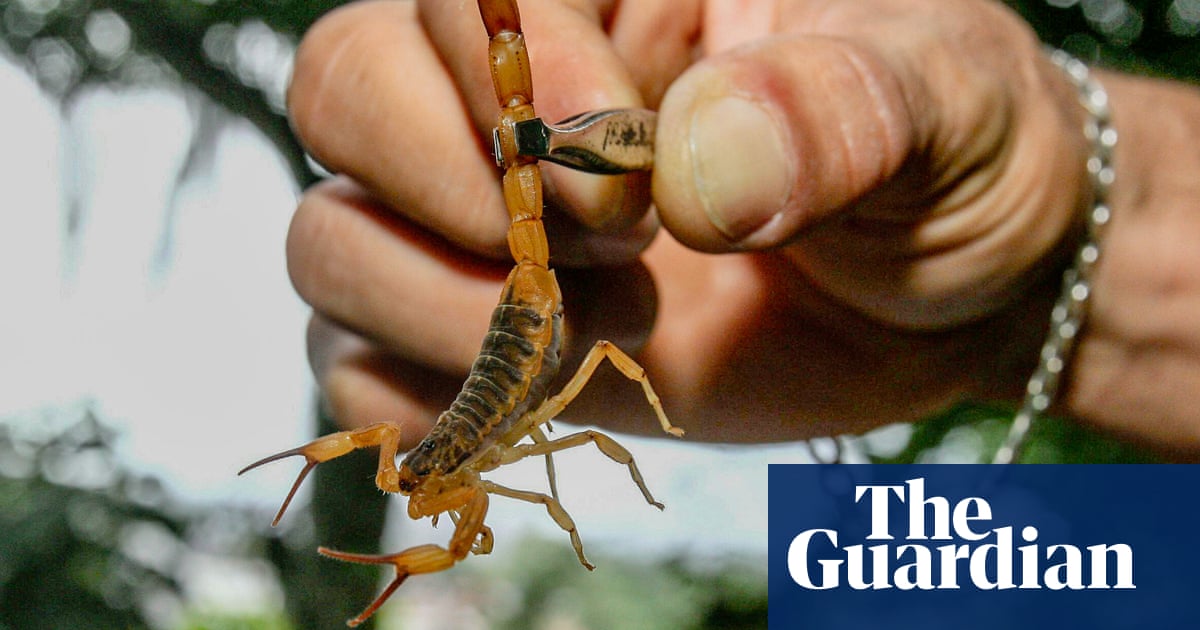
"Scorpions are increasingly prevalent in Brazilian urban areas, with 1.1 million stings reported from 2014 to 2023 due to rapid urbanisation and climate change."
"Rapid urbanisation, particularly in favelas, creates ideal habitats for scorpions, leading to a 250% rise in sting reports from 2014 to 2023."
"Research indicates that unplanned urban environments inadvertently provide warmth, shelter, and food sources, allowing scorpions to flourish in Brazilian cities."
"The rise in scorpion populations is exacerbated by climate changes, such as hotter summers and varying rainfall patterns, leading to projections of 2 million new sting cases."
Recent research has warned of a growing scorpion problem in Brazilian urban areas, particularly favelas, driven by unplanned urbanization and climate change. From 2014 to 2023, reports of scorpion stings surged by 250%, tallying over 1.1 million incidents. The environment in cities provides ideal conditions for scorpions, including ample shelter, warmth, and food resources. Forecasts suggest that, without intervention, up to 2 million additional scorpion stings may occur from 2025 to 2033, highlighting a critical public health concern as climate and urban living conditions evolve.
Read at www.theguardian.com
Unable to calculate read time
Collection
[
|
...
]